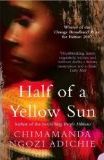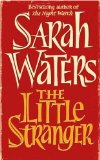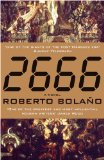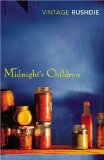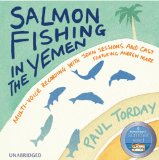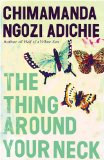Winner of the Orange Prize 2007
.
.
.
.
On reflection the half way point is a terrible place to stop and write notes on this book. I should have chosen a place about a third of the way in, when the characters had just been introduced, before the horrific events start to take place. Having not read the book I wasn’t to know this, and so I’ll have to make the most of it, and try to form some opinions, despite being in the middle of the fast paced devastation taking place in the book at the moment.
The book did not progress as I expected it too. The writing style was different to Purple Hibiscus, in that it seemed more complex, and instead of focusing on one central character we are introduced to lots of different ones, who don’t seem to have anything in common. The build up was very slow, and I was beginning to wonder why people rave about this book so much, as it didn’t have much appeal initially.
The female characters don’t appear to be as strong as the male ones at this half way point. Perhaps this is just a reflection of the African nation, where men take a more dominant role in society, but the female characters are coming across as quite vague and hard to relate to at this stage.
My favourite character is Ugwu. He is a boy from a poor village, who goes to work as a houseboy for a university lecturer. I especially loved the scene at the start of the book where he goes to his Master’s house for the first time, and is excited by the food and running water he finds there:
Ugwu turned off the tap, turned it on again, then off. On and off and on and off until he was laughing at the magic of the running water and the chicken and bread that lay balmy in his stomach.
Scenes like this remind us of how lucky we are in the west to have basic luxuries like running water in our homes.
The pace of the book has picked up a lot in the last few chapters. The scenes of violence are disturbing, and my heart is often in my mouth as I read the words. I can only imagine that it is going to get much worse in the final half of the book. My only wish is that Ugwu survives to the end, and has a promising future predicted.
What are your thoughts on the first half of the book?
Is it how you expected it to be? Are you enjoying it?
Who is your favourite character?
